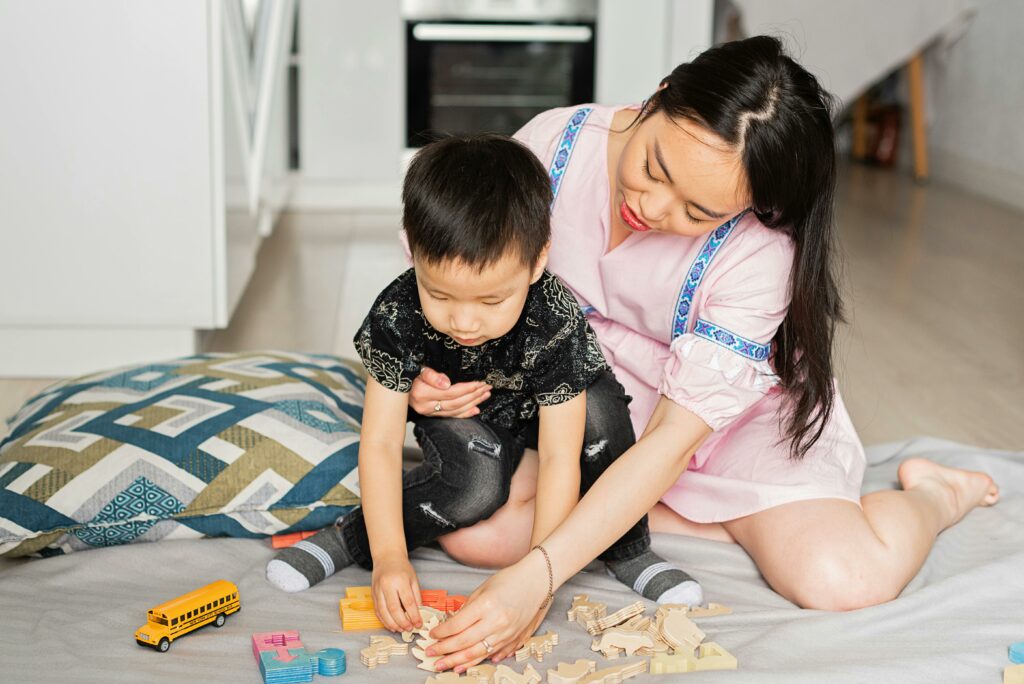
ABA therapy focuses on understanding and improving behaviors through evidence-based techniques. It breaks down complex skills into manageable steps, reinforcing positive behaviors and minimizing unwanted ones. ABA therapy is data-driven, ensuring progress is measurable and strategies can be adapted as needed.
Home-based ABA therapy offers a range of benefits, including:
Begin with a formal assessment by a Board Certified Behavior Analyst (BCBA) to identify specific goals and challenges. This step is essential for creating a customized treatment plan.
Establish measurable goals based on your child’s developmental needs. Focus areas may include:
Reward desirable behaviors with praise, toys, or treats to encourage repetition. For example:
Break down complex tasks into smaller steps (task analysis) and teach each step in sequence (chaining).
Guide your child through tasks using prompts like verbal instructions or physical guidance. Gradually reduce prompts as they gain independence.
Demonstrate the desired behavior for your child to imitate.
Choose a quiet, distraction-free area where therapy sessions can take place. Ensure the space is well-organized with materials like visual schedules and reward charts.
Create consistent routines for therapy sessions. Use visual schedules to help your child understand and anticipate activities.
Make learning fun by incorporating toys, games, and activities that reinforce skills naturally.
ABA therapy relies on data collection to monitor progress. Parents can:
Challenge 1: Limited Attention Span
Challenge 2: Managing Difficult Behaviors
Challenge 3: Staying Motivated
Studies show that ABA therapy, when implemented consistently at home, can lead to significant improvements in behavior, communication, and social skills. ABA Therapy Guide for Parents can help encourage involvement that further strengthens the therapy’s impact.
Implementing ABA therapy guide for parents at home in the Greater Atlanta area is a flexible and effective way to support your child’s growth and development. By learning key techniques like positive reinforcement, task analysis, and prompting, parents can create a structured environment that promotes skill-building and independence.